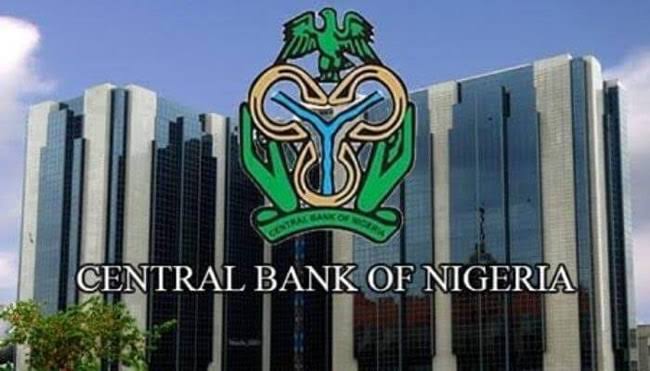On Wednesday auction, the average yield on Nigerian Treasury bills climbed to 17.2% ahead of the primary market. The yield has remained elevated in the secondary market following a series of spot rate repricing.
Afrivest said in its market review that In February, the Central Bank conducted two rounds of Treasury bills auctions with a combined offer of N1.3 trillion across the 91, 182, and 364-day instruments.
Analysts noted that fixed interest securities investors’ appetite was fairly strong with the overall bid-to-offer ratio of 3.3x, albeit weaker than January’s 38.7x. The 364-day instrument recorded the strongest buy interest with a bid-to-offer ratio of 4.3x.
Following, the 91-day instrument saw a bid-to-offer ratio of 1.9x while the 182-day instrument was the least competitive with a bid-to-offer ratio of 0.9x. Overall, stop rates on the 91, 182, and 364-day instruments rose 12%, 10.4%, and 7.5% respectively to 17.0%, 17.5% and 19.0%.
Following the Central Bank interest rate hike in February, analysts are also expecting the market to factor this yield-pushing catalyst into investing decisions in the fixed income market. Investors are expecting the real return gap to reduce as both inflation and interest rates rise together as the economy struggles to keep growing.
Last week’s selloffs in the secondary market caused average yield across all instruments to expand by 49 basis points to close at 17.4%, Cordros Capital Limited said in a weekend market update. Investment analysts attribute this performance to a dampened interest in bills as market players took profits off positions across mid- and long-dated instruments.
The investment firm analysts now anticipate an upward movement of yields in the T-bills secondary market in the new week. In addition, the CBN is scheduled to hold an tresaury bills auction on Wednesday where it is expected to roll over maturing bills worth N337.89 billion.


